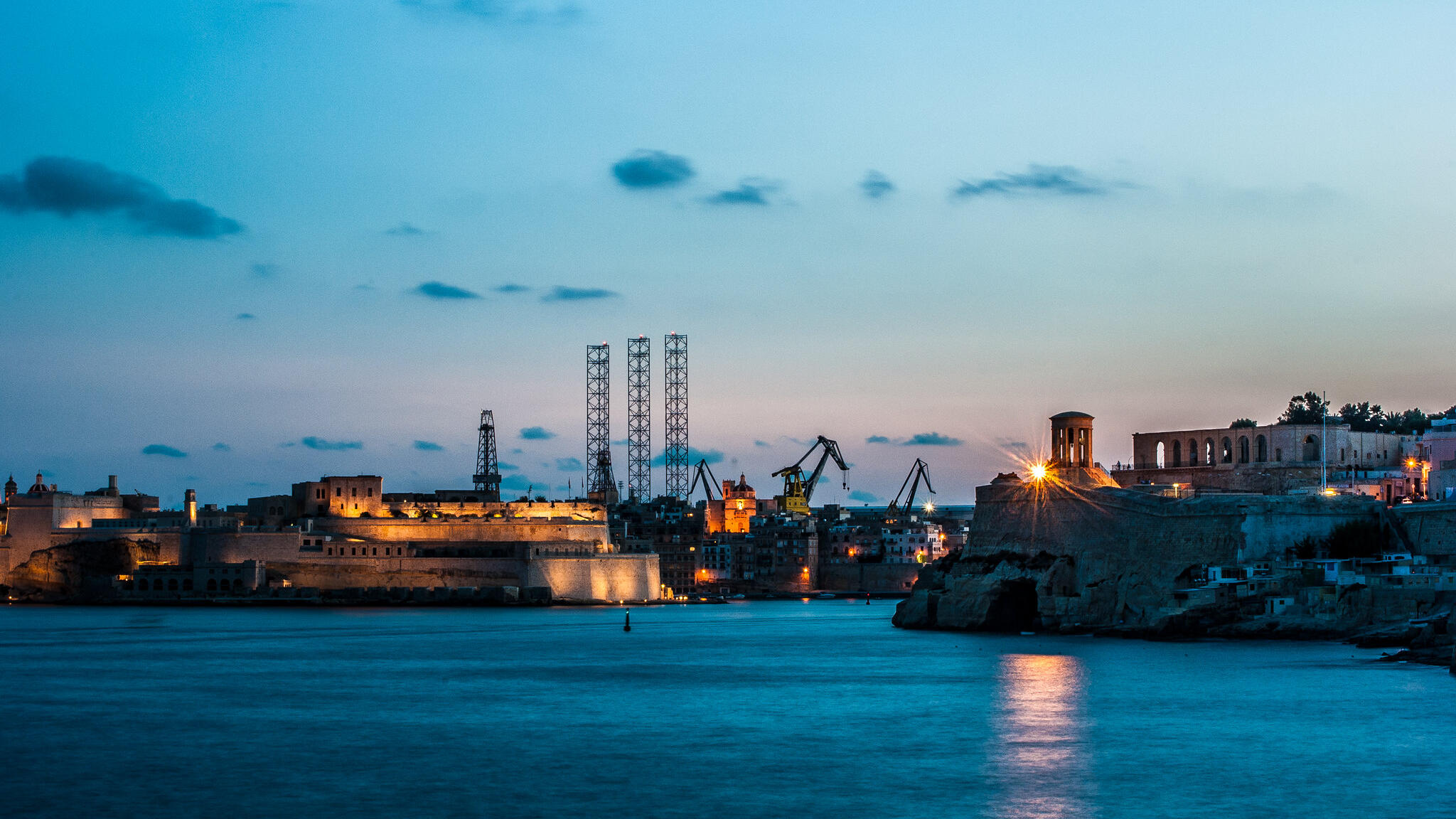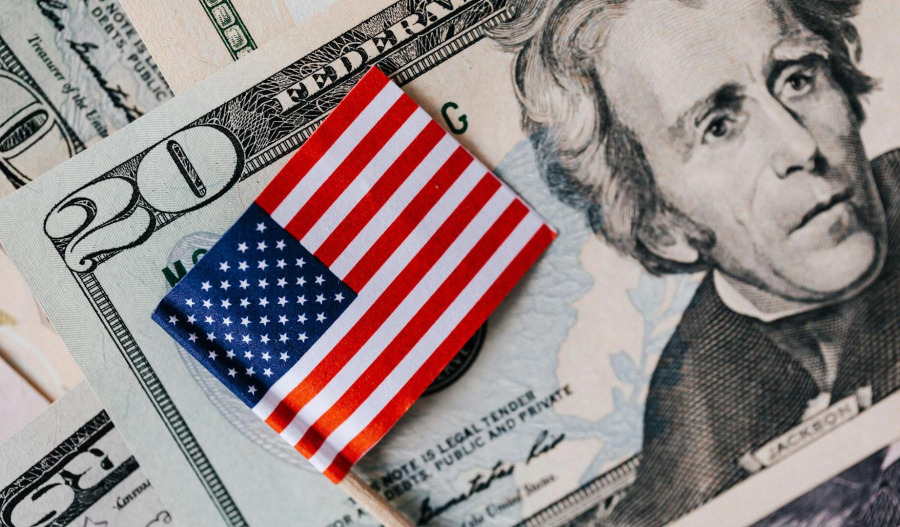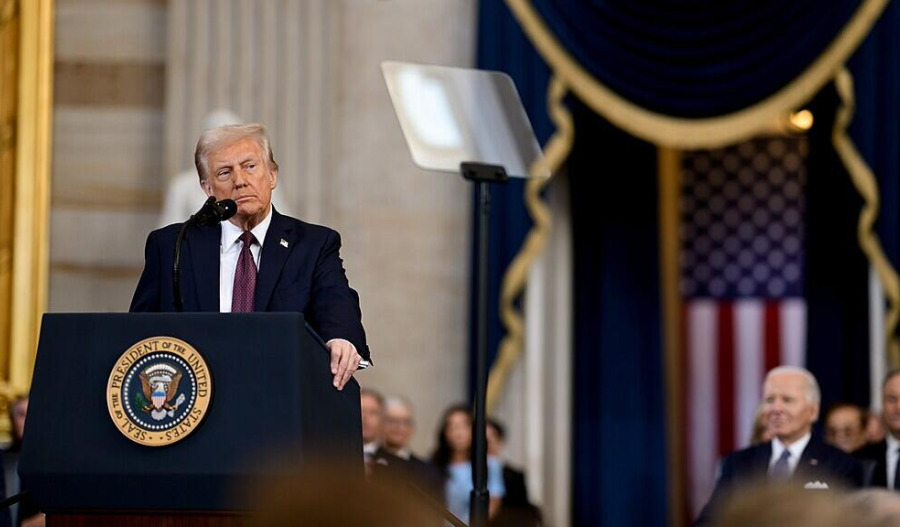Oil prices edged higher in early Asian trading on Monday after OPEC+ confirmed it would pause output increases during the first quarter of 2026, easing investor concerns about a looming supply glut.
By 3:05 pm AEDT (4:05 am GMT), Brent crude futures were up 30 cents, or 0.5%, at US$65.06 per barrel, while U.S. West Texas Intermediate (WTI) crude gained 27 cents, or 0.4%, to US$61.25 per barrel.
The Organization of the Petroleum Exporting Countries and its allies, collectively known as OPEC+, said on Sunday that members would maintain the current 137,000 barrels-per-day increase through December, but pause any further hikes from January to March 2026.
“Beyond December, due to seasonality, the eight countries also decided to pause the production increments in January, February, and March 2026,” OPEC+ said in a statement.
Analysts at ANZ noted that the group’s decision reflects typical seasonal patterns of weaker demand during the first quarter:
“This period is normally a period of lower demand, and delegates said the decision to pause from January reflects expectations of a seasonal slowdown.
"We suspect they’re also aware that the market may struggle to take any additional barrels, particularly if disruptions to Russian supply end up being temporary,” the note said.
Russia remains a key factor for global oil markets amid ongoing United States sanctions on energy firms Rosneft and Lukoil, as well as continued strikes targeting Russian energy infrastructure.
Over the weekend, a Ukrainian drone attack hit the Tuapse port - one of Russia’s main Black Sea oil terminals - causing a fire and damaging at least one ship.
Oil benchmarks recorded their third consecutive monthly decline in October, with Brent and WTI both down more than 2%.
Meanwhile, the U.S. Energy Information Administration reported last week that American crude output rose by 86,000 barrels per day in August to a record 13.8 million barrels per day.
On the geopolitical front, President Donald Trump denied reports that Washington was considering strikes inside Venezuela, following speculation that the U.S. could expand operations tied to anti–drug trafficking efforts.



